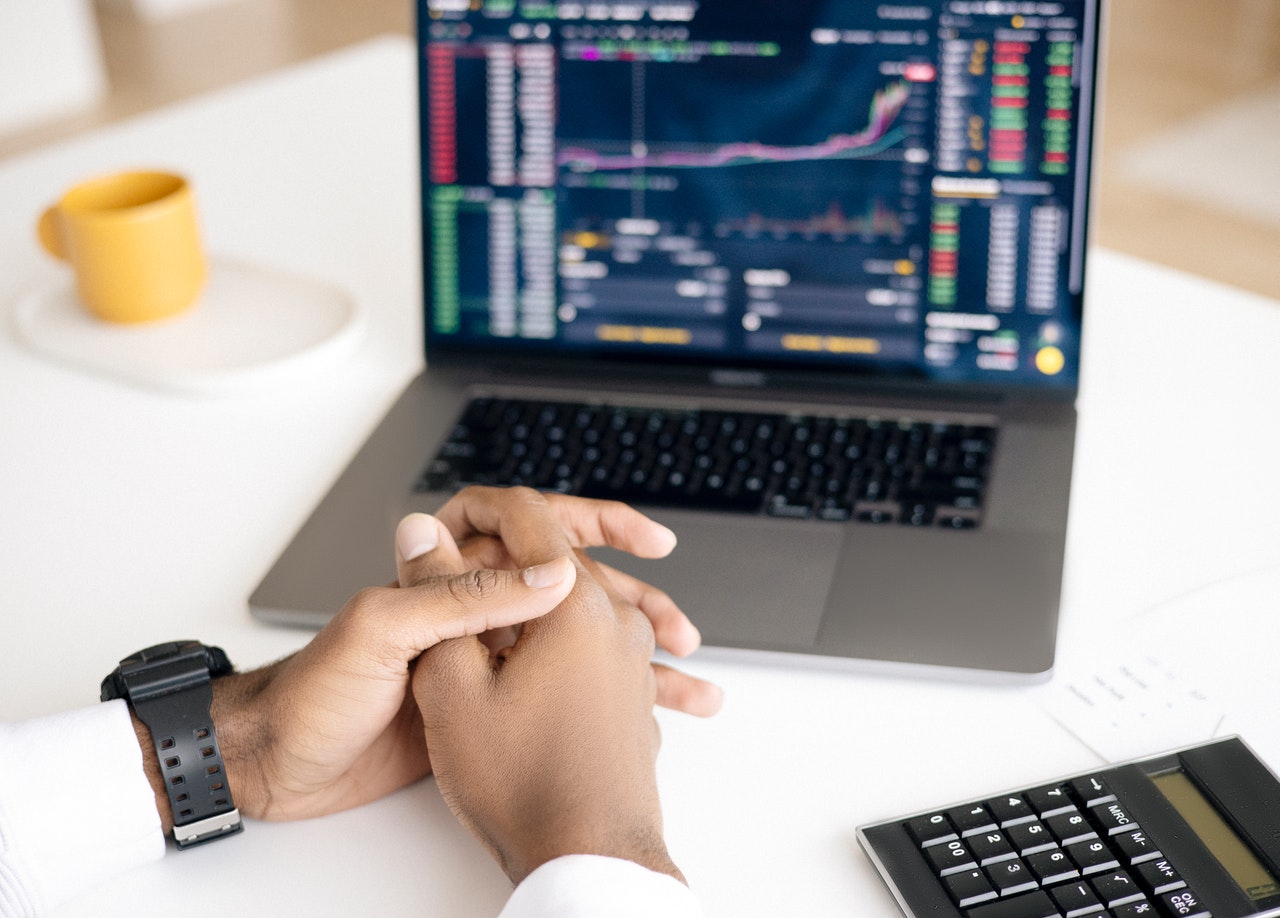How To Become A Trader – Do I Need A Degree?
The fast-paced and high octane nature of trading has great appeal for those with the skills and appetite for success. The work is best suited for individuals who want to be challenged, aren’t afraid of setbacks and are keen to make a difference. Traders can work for banks, on behalf of clients and even by themselves. But how do you become a trader? And do you need a degree?
Do You Need A Degree To Become A Trader?
Strictly speaking, no – you do not need a degree to become a trader. In fact, many people who have been in the industry a long time have never earned degrees. Some traders begin at the age of 16.
However, given the level of competition for trading jobs today, it helps to have a degree qualifications from an institution. It also helps to have a specific qualification in financial trading from an accredited course provider – something that will set you apart from other candidates.
How To Become A Trader
So with that out of the way, how do you actually become a trader?
Determine The Type Of Trader You Want To Become
The first thing you need to do is figure out which direction you want to take. There isn’t just one type of trader – there are many. So before you even begin down your career path, it’s worth thinking about the type of trading that suits your skills the most.
Flow traders, for instance, work for banks, selling on behalf of banking clients. Proprietary traders, on the other hand, work on behalf of the bank itself. You can also be a sales trader – a middleman between the client at the market, investing their money on their behalf. Or you can become a specialist trader, such as a gold or commodities trader.
Understand The Skills You Need
To become a successful trader, you’ll need a wide range of skills. Trading is a demanding job that needs people with exceptional analytical skills. You’ll need to become comfortable working with quants and charts.
It also helps if you have a genuine interest in the market. These sorts of attributes can help keep you interested in trading long-term.
Get A Good Degree
The next step is to get the qualifications that will maximise the likelihood that a financial institution will employ you as a trader. Science and maths-based degrees such as the sciences, economics, mathematics, accountancy and finance are best. However, as discussed, they are not strictly necessary.
Find An Internship
You can increase the likelihood of landing a job further by seeking an internship. Working as a trader in a firm during the college summer break puts you at an advantage to the rest of your peers. Many financial institutions run such schemes, so it is just a matter of finding the one that suits you best.
If you’re struggling to find internship opportunities, there are websites that list them. You can also ask professors or educators for contacts or recommendations. Check with various financial institutions about their schemes and find out how to apply.
Get A Graduate Position
Once you have your education and qualifications, the next step is to get a graduate job – something that financial institutions often refer to as a “graduate trainee.” At the interview, you’ll need to prove that you have the necessary skill set, competence and temperament to operate as a trader.
If you’re going for an interview, be sure to demonstrate your communication skills – employers love this. Also, show them that you have a strong mental character. Again, it’s vital for the job.
Get Further Qualifications
Once you’re in a role, you’ll want to focus on pursuing further learning and qualification. In the UK, for instance, you need to become approved by the Financial Conduct Authority.
Furthermore, employers may not provide you with study time during work hours. So you may have to dedicate evenings and weekends to enhancing your skills for the first couple of years of your career.
Become More Senior
The last step is to become more senior in your role – something you can start pursuing after you’ve been working for a financial institution for a couple of years.
You’ll need to have completed all your exams allowing you to trade. And you’ll need to demonstrate that you have the skills and acumen to progress. Getting to the executive level is much harder to achieve.
Going Solo
You can trade independently. But if you wish to do so, you’ll still need plenty of professional training and to understand how the job works. Going solo can be lucrative because you get to keep all your gains. But it isn’t for the faint-hearted.
Related Reading
- Is stock trading worth it?
- What does a financial trader do?
- How to learn day trading online?
- How long does it take to learn to trade?
- How to learn how to trade options?
- How old do you have to be to trade stocks?


 100% Accessibility
100% Accessibility